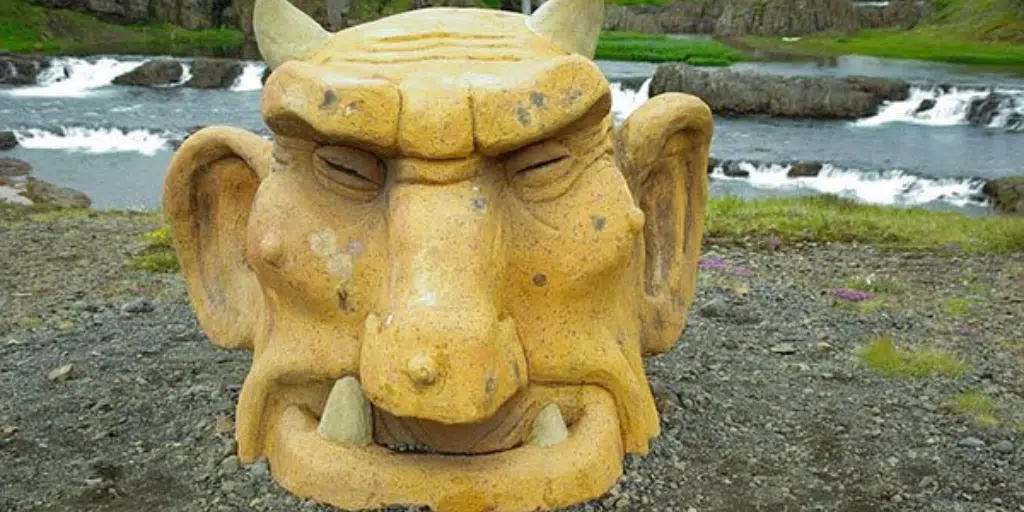
Social criticism is too important to leave to the trolls
Everybody’s a critic, they say.
But that’s not true.
Some people are critics, in the true sense of the word, and contribute positively to determining the meaning and value of social and cultural artifacts. Critics shape culture, teach audiences and direct attention.
Critics aren’t trolls. They create and elevate the discussion and, by elevating the discussion, enlighten audiences and raise tastes. Such work takes time and intelligence.
